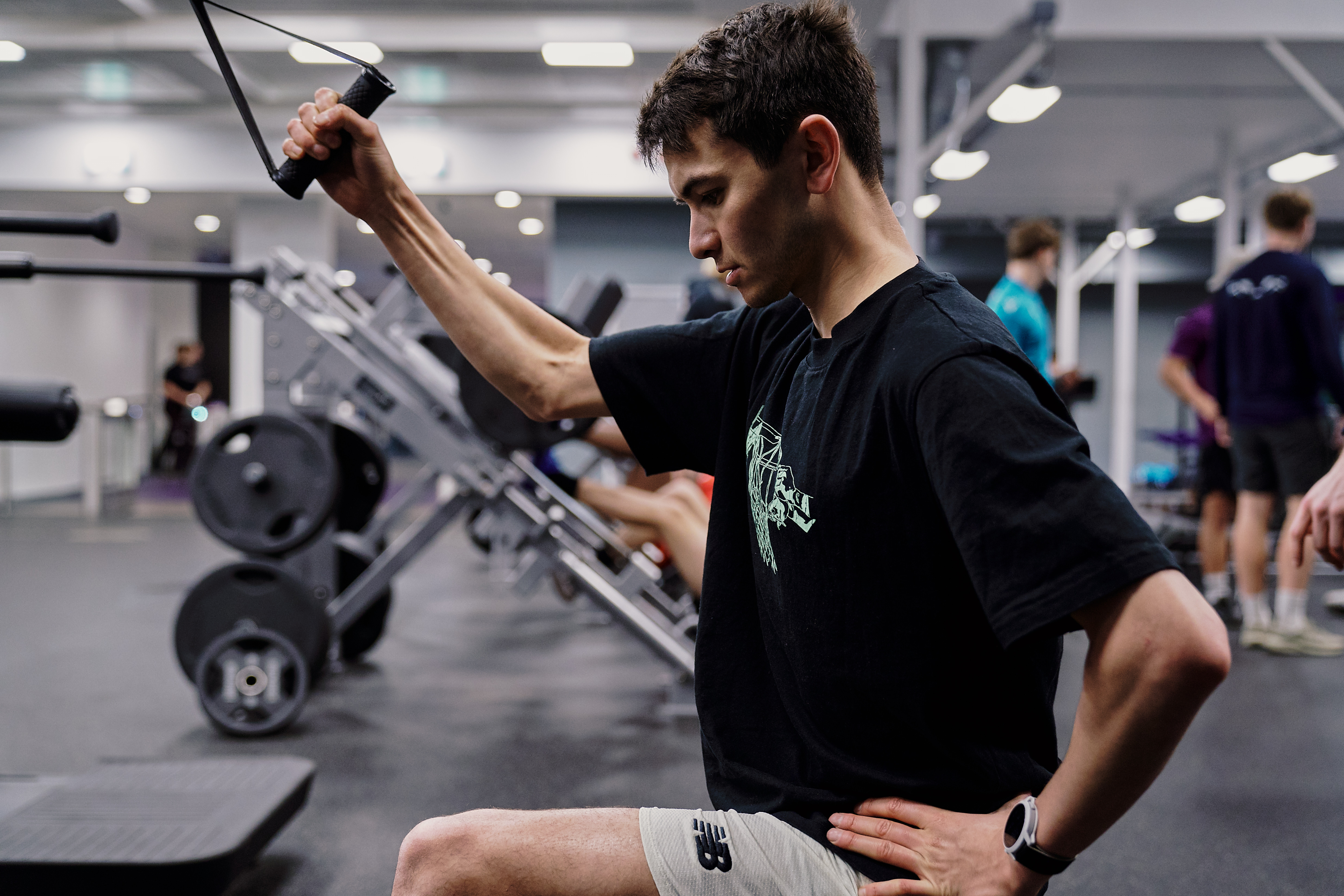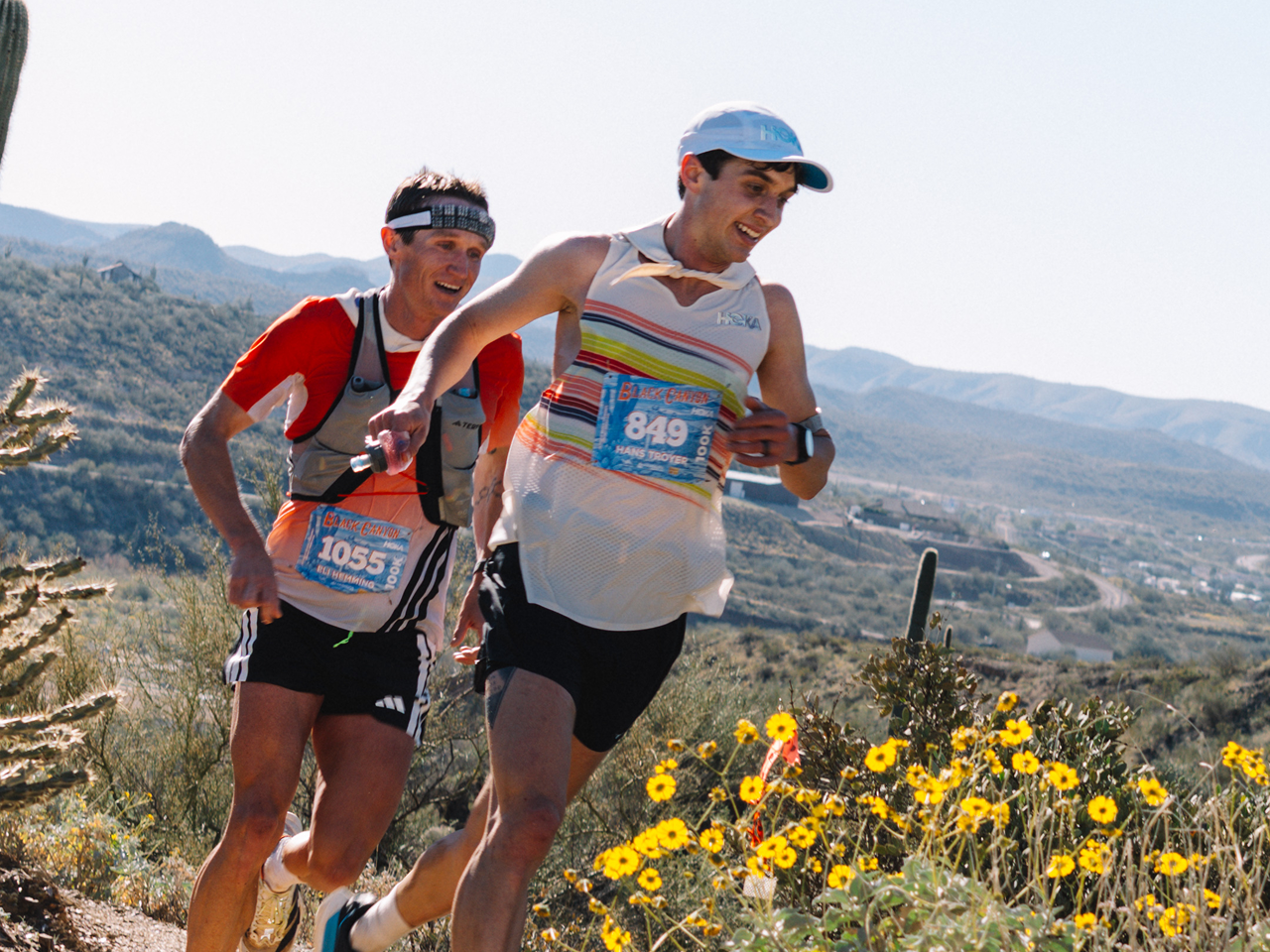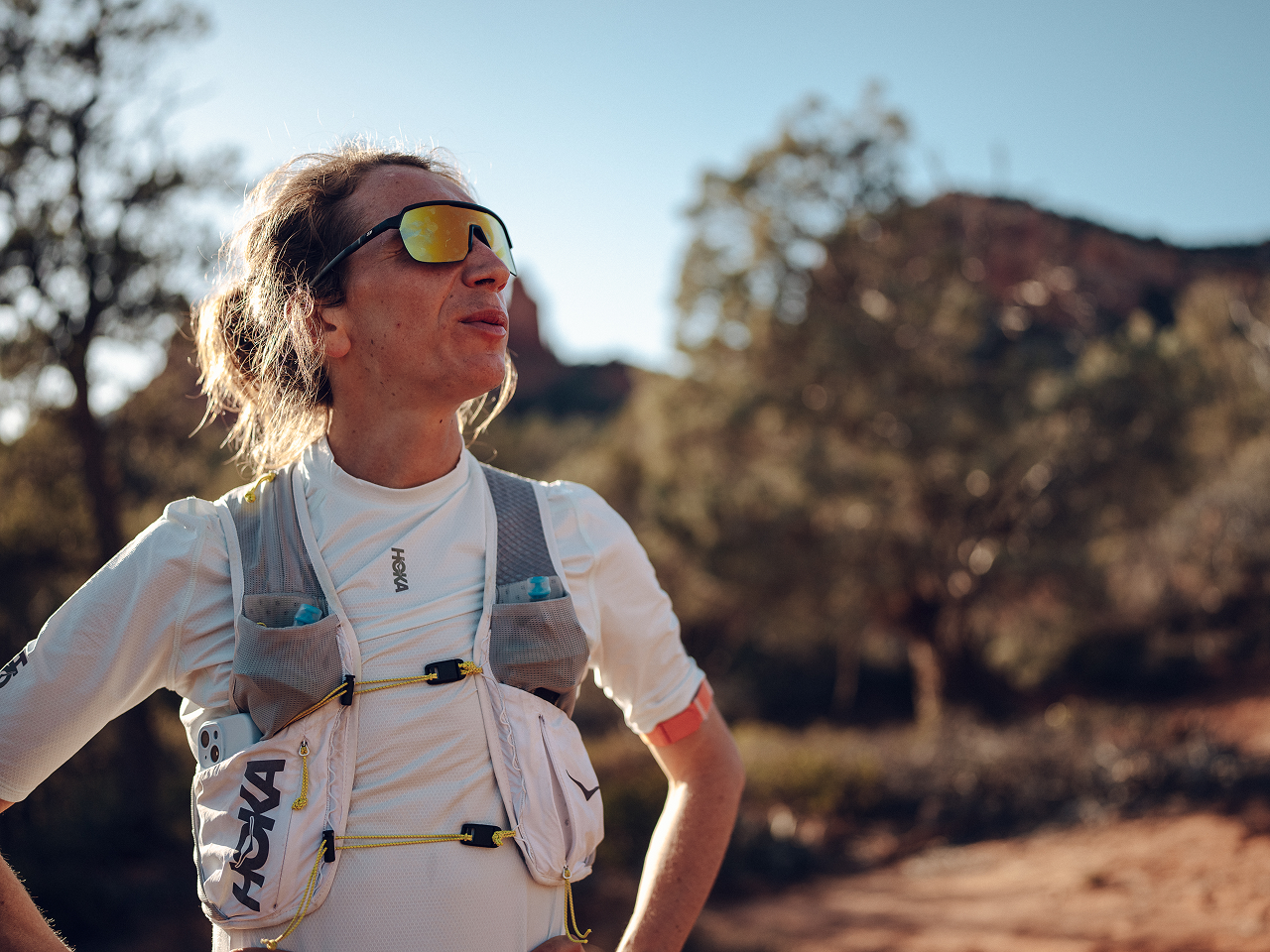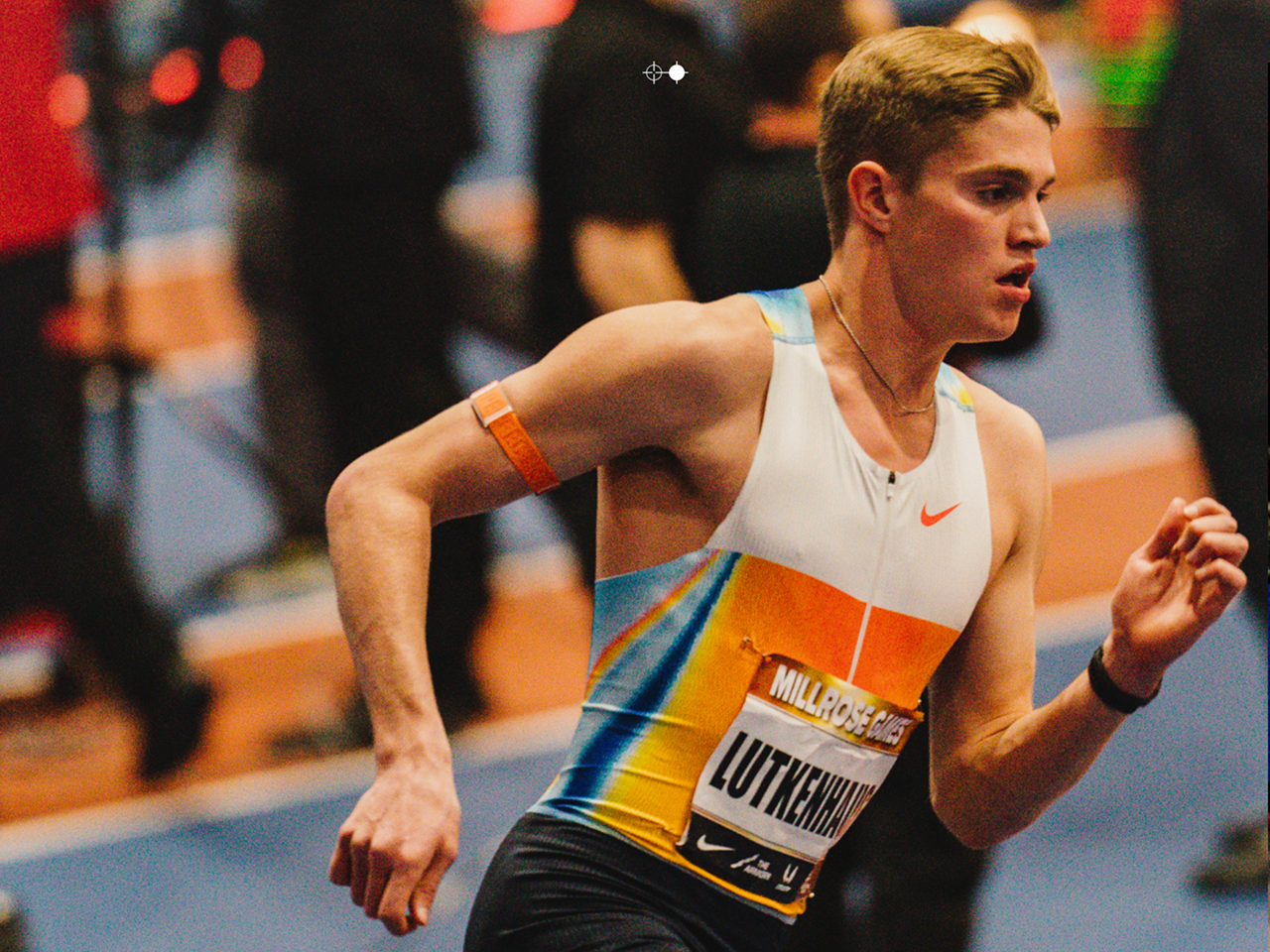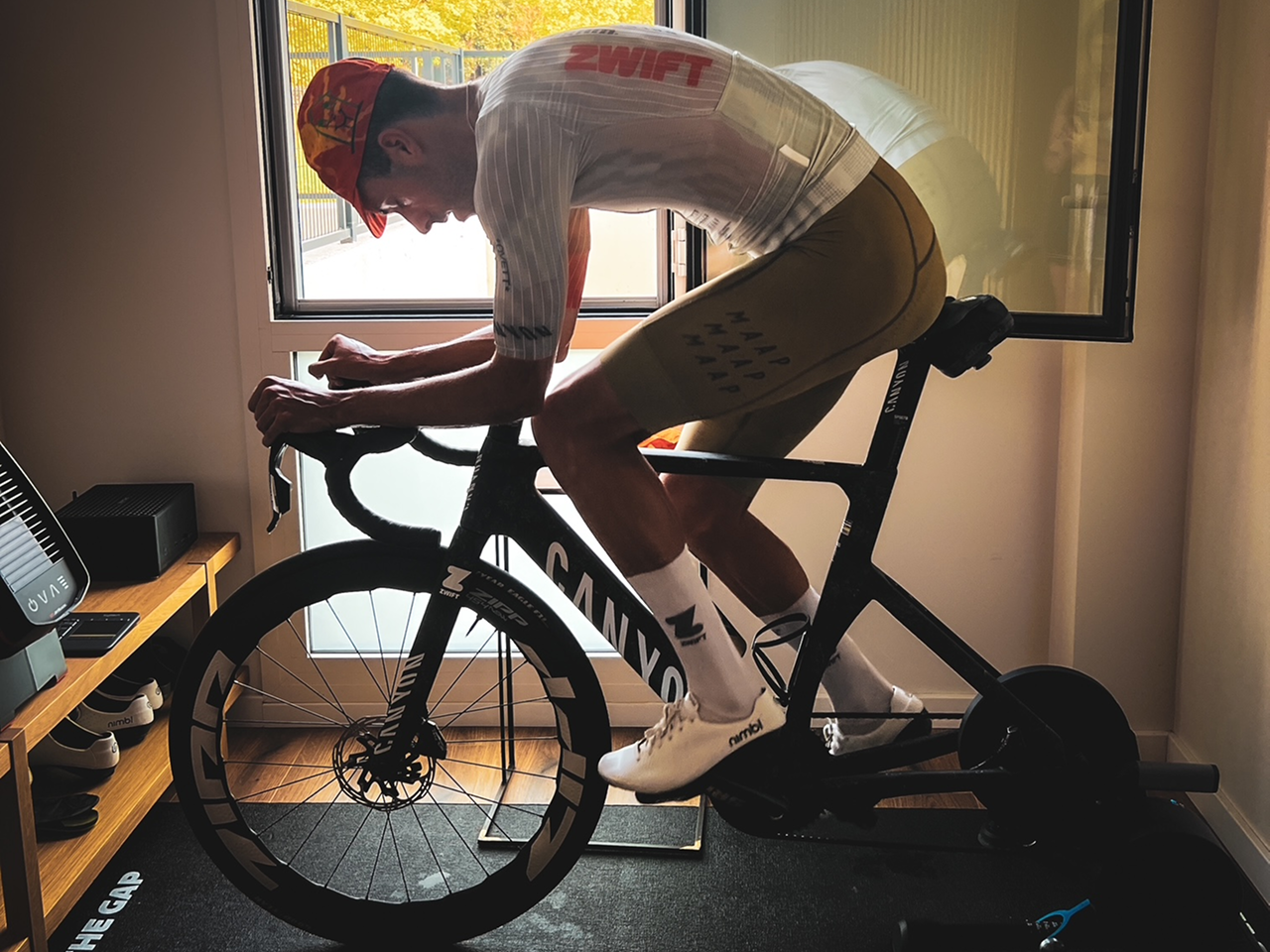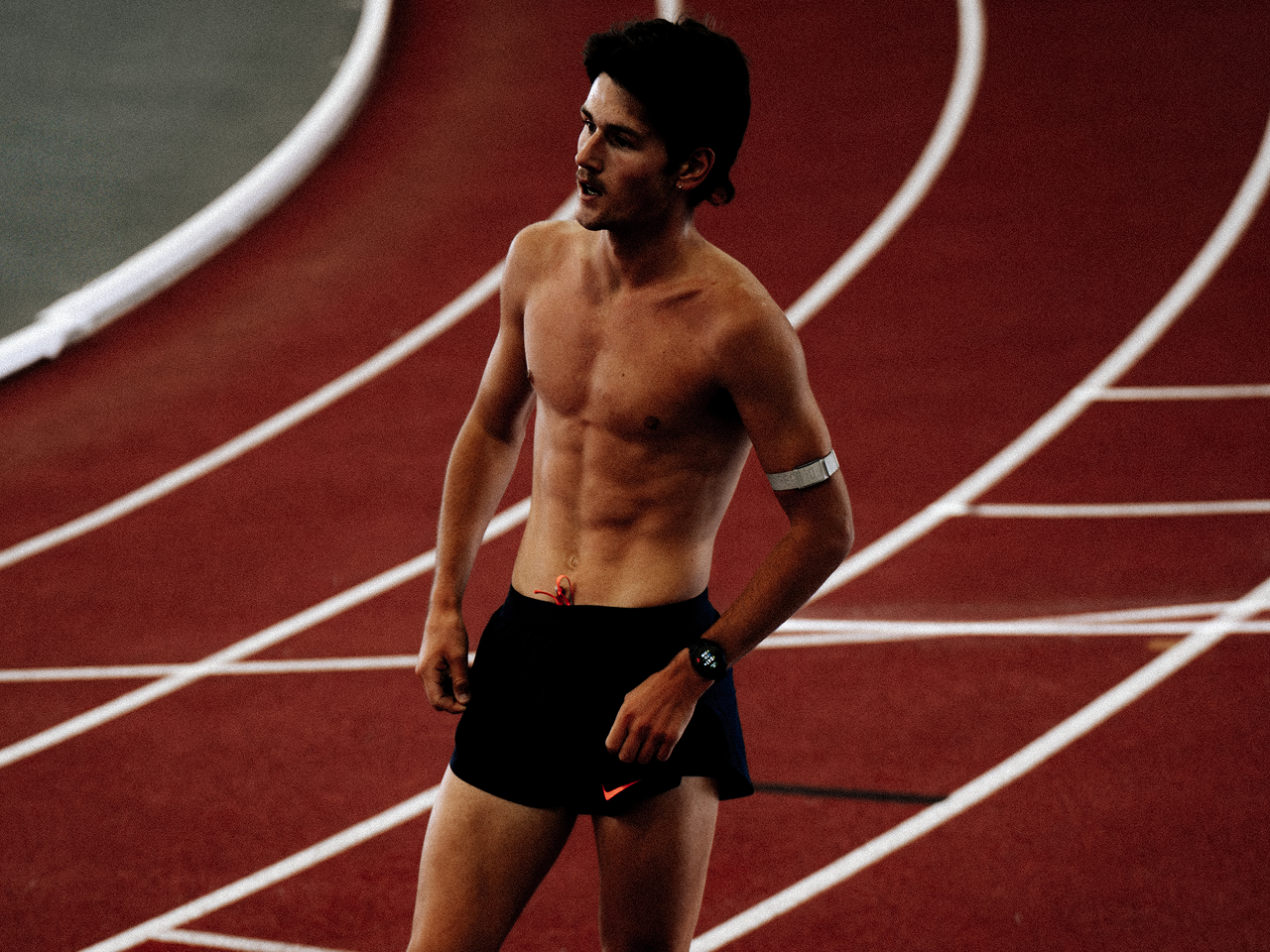The Transcontinental Race is the most iconic of self-supported ultra-distance cycling races. This year's edition connected Santiago de Compostela in Spain to Constanța in Romania. On July 27th, 420 riders set out independently to tackle the roughly 5,000 km route, climbing more than 40,000 meters across diverse and demanding terrain. TCR allows riders to choose their own path, but must meet specific checkpoints along the way. After 10 days, 16 hours, and 38 minutes of riding, it was 22-year-old French cyclist Victor Bosoni who emerged victorious as the champion!
While he is quite young for the sport of ultra-cycling, Victor is no stranger to being elite. Before committing to ultra-distance cycling, he competed at the top amateur level and had planned to become a professional road cyclist. A genetic disease forced him to revise his plans and turn to ultra-distance cycling, which is more compatible with his treatment and ultimately closer to his love of cycling. "In 2022, when I left classic road racing, I completed the 7 Majors Challenge in the Southern Alps (360 km and 12,000 m of elevation gain): I broke the record for this legendary event and realized that it's in these long-term projects that I will now thrive."
Prioritizing Reliability
With the race being self-supported, Victor had no crew to assist him if anything went wrong with his equipment. This meant he had to choose the bike & tools that would survive the wear and tear of a 5000km trip."In these self-sufficient races, the reliability of the equipment is an essential factor," says Victor. "For the bike, unlike others who prioritize the lightness of carbon, I choose steel for its robustness and comfort. In the long run, it's clearly the winner." The same goes for his choice of navigation device: "I opted for the DURA from COROS because I have total confidence in this device. The battery life is amazing and the use is extremely intuitive. I know I can count on the device without any doubt, and that's a real winning factor."
Remarkable Maturity
While ultra-distance cycling is often dominated by more seasoned athletes, Victor stands out for his precocity and maturity. "I come with my own skills, and I bet on my speed. This allows me to sleep longer than my competitors, about 5 hours per night, and to be more efficient on the road." His average cycling speed is indeed impressive: 26.6 km/h, for 451 km per day. Sleep is a precious commodity in TCR, and Victor puts strong emphasis on what he can get, with quality nights always spent in a hotel. Well, almost always...
The First Leg
The Transcontinental Race doesn’t begin like most others. At 8:00 p.m., riders rolled out of Santiago de Compostela into the night. For Victor, it was a 27-hour push before his first real rest. When he reached the first checkpoint in the Picos de Europa National Park, he was in 5th position.
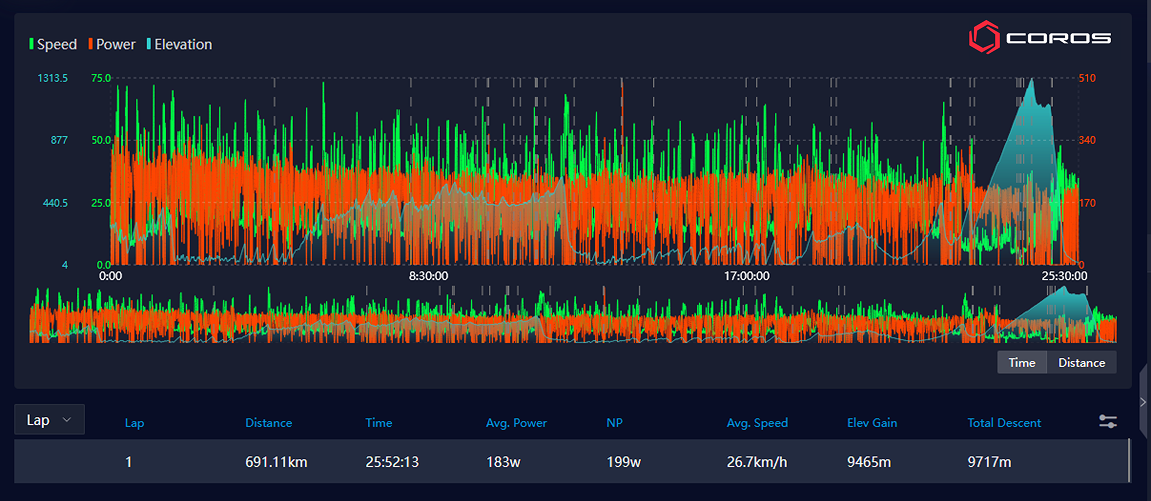
Victor's DURA Data from Day 1
Day 8: The Ferry to Albania and a Critical Reset
After crossing southern France and powering down the length of Italy, Victor boarded the race’s only allowed ferry. This is a vital transition point that carries riders from Italy to Albania. It is both a logistical hurdle and an opportunity for much-needed rest after more than a week of riding.
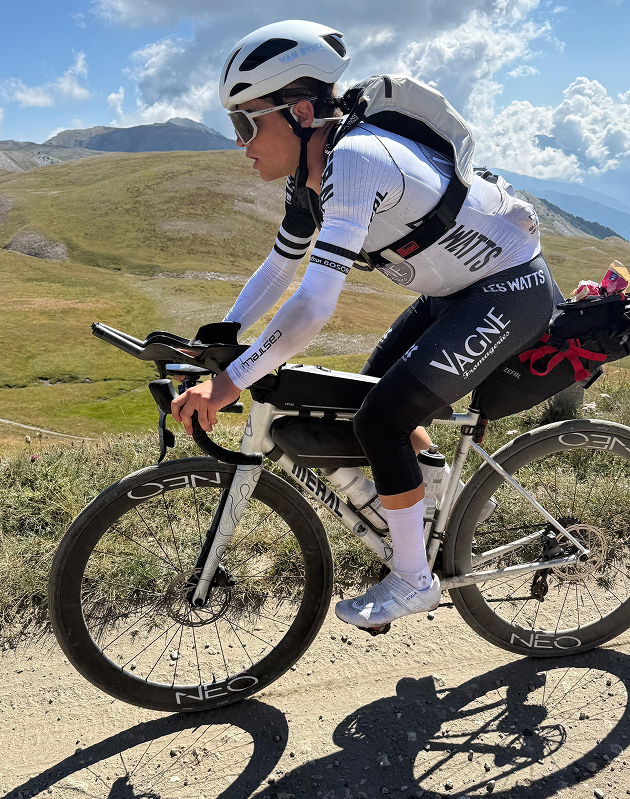
Victor reached the ferry on Day 8, with fewer kilometers to cover and more time off the bike, he delivered his fastest performance of the race: averaging 31.6 km/h over 247 kilometers. The combination of shorter riding duration and ferry downtime created a perfect storm for recovery. That reset gave Victor what he needed to make his move.
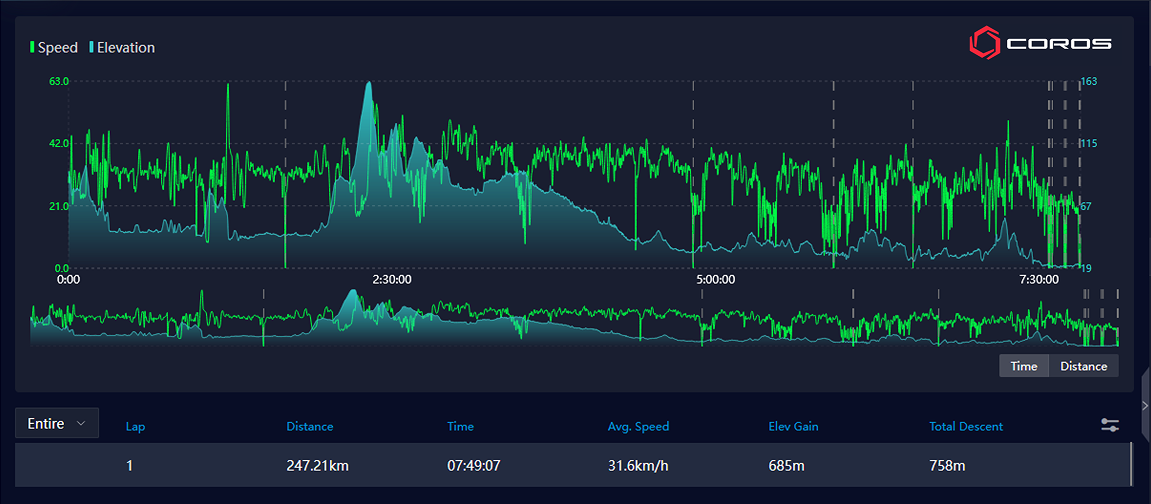
DURA Data from Day 8, Before the Ferry
Building a Lead
Once in Albania, it was back to the long days. On Days 9 and 10, Victor covered significant ground, using his fresher legs to put distance between himself and the competition. While others paid the price of early efforts or erratic pacing, Victor continued his calculated approach: high average speeds paired with quality sleep.
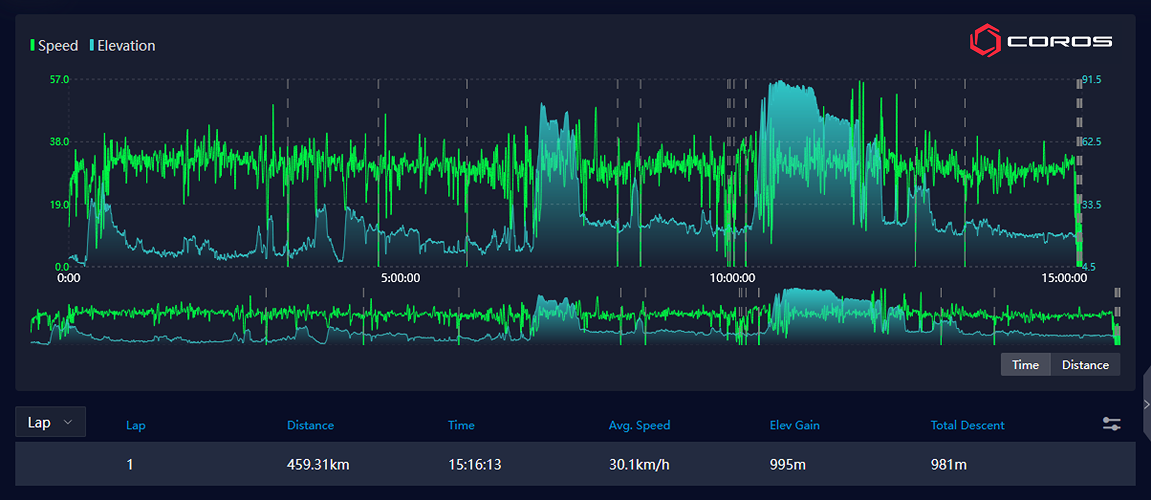
DURA Data from Day 10, where Victor built his lead
By the time he reached the final stretch, his lead was locked in. On the 11th day, Victor rode a controlled 150 kilometers in about six hours. He arrived at the Black Sea in Constanța more than seven hours ahead of second place.
His consistency made the difference. While he wasn’t the first to lead, Victor was the one who maintained day after day. In ultra-distance racing, that's the name of the game.

/filters:quality(90)/fit-in/970x750/coros-web-faq/upload/images/6ace343f6ed83d8f85d578bbc163fb09.png)
